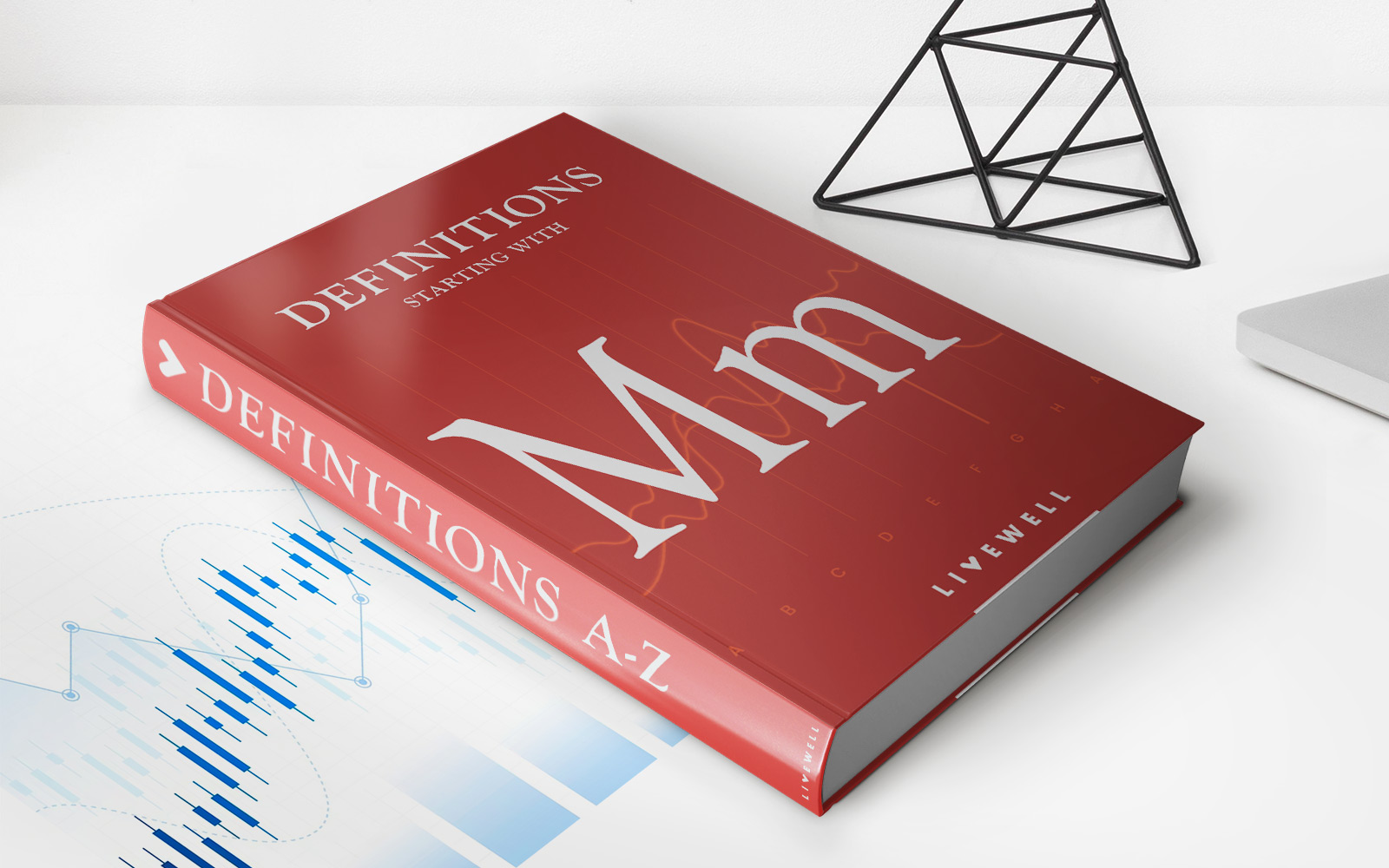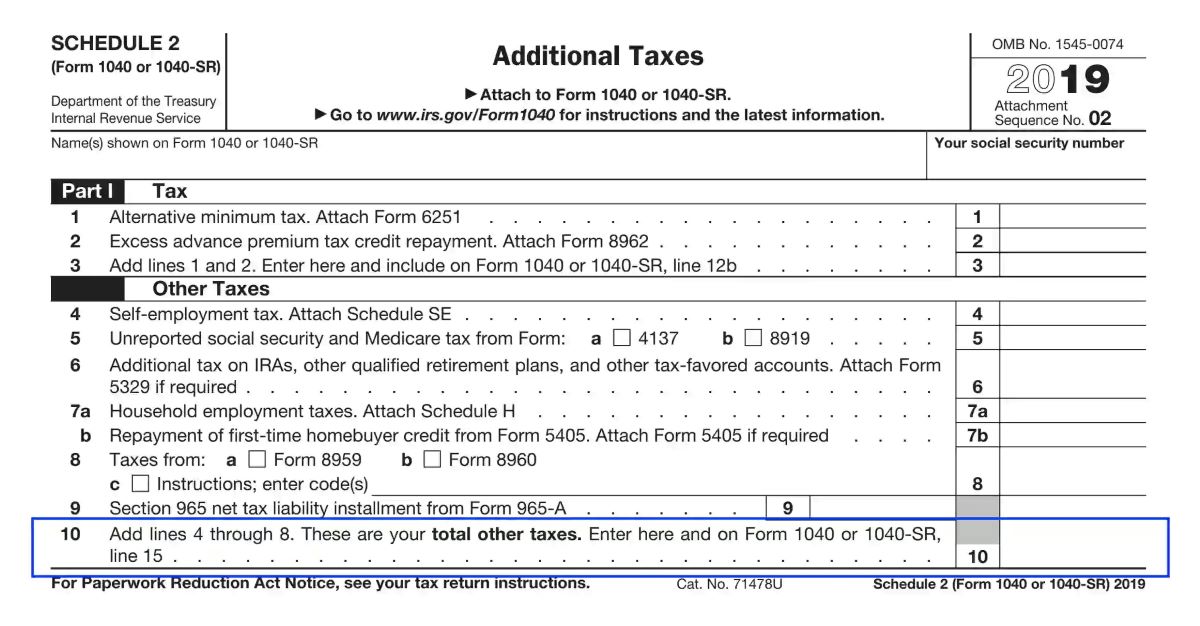

Finance
How Do Loans Work At Pawn Shops?
Published: February 17, 2024
Learn how pawn shop loans work and get the finance you need quickly. Discover the ins and outs of pawn shop financing. Apply now!
(Many of the links in this article redirect to a specific reviewed product. Your purchase of these products through affiliate links helps to generate commission for LiveWell, at no extra cost. Learn more)
Table of Contents
Introduction
Pawn shops have been a part of communities for centuries, providing a unique and valuable service to individuals in need of quick cash. Understanding how loans work at pawn shops can demystify the process and help individuals make informed decisions when seeking short-term financial solutions.
Pawn shops offer a distinct alternative to traditional banks and credit unions, catering to individuals who may not have access to conventional lines of credit. By pledging personal items of value as collateral, individuals can secure short-term loans without undergoing credit checks or lengthy approval processes. This flexibility makes pawn shop loans an attractive option for those facing urgent financial needs.
In this article, we will delve into the inner workings of pawn shop loans, shedding light on the loan process, repayment terms, and the potential consequences of defaulting on a pawn shop loan. By understanding the dynamics of pawn shop lending, individuals can make empowered choices that align with their financial circumstances and goals.
Whether you're curious about pawn shop operations or considering a pawn shop loan, this comprehensive guide will provide valuable insights into the world of pawnbroking and the mechanisms behind pawn shop loans. Let's embark on a journey to unravel the intricacies of pawn shop lending and discover how these establishments play a crucial role in meeting the short-term financial needs of diverse communities.
What is a Pawn Shop?
A pawn shop, often portrayed in popular culture as a place for unique finds and unexpected treasures, serves as a financial institution that provides collateral-based loans to individuals in need of immediate funds. In addition to offering loans, pawn shops also engage in the purchase and sale of a wide array of items, including jewelry, electronics, musical instruments, and antiques.
Unlike traditional financial institutions, such as banks and credit unions, pawn shops do not require a good credit history or extensive documentation to provide loans. Instead, pawnbrokers assess the value of the items offered as collateral to determine the loan amount. This approach makes pawn shops accessible to individuals who may not qualify for loans through conventional channels due to poor credit or lack of verifiable income.
Furthermore, pawn shops cater to a diverse clientele, ranging from individuals seeking quick cash to entrepreneurs scouting for unique inventory. The eclectic nature of items found in pawn shops contributes to their allure, attracting customers with varied interests and preferences.
While pawn shops are commonly associated with lending and trading goods, they also serve as retail outlets, showcasing an ever-changing assortment of merchandise. This dynamic aspect of pawn shops fosters an environment where customers can browse and discover distinctive items, creating a shopping experience that differs from traditional retail settings.
Ultimately, pawn shops play a multifaceted role in their communities, functioning as financial lifelines for some and treasure troves for others. By understanding the diverse functions of pawn shops, individuals can appreciate the value they bring to local economies and the broad spectrum of needs they address within their communities.
How Do Pawn Shop Loans Work?
Pawn shop loans operate on a straightforward premise: individuals bring in items of value as collateral, and in return, pawnbrokers offer them a short-term loan based on the assessed worth of the items. Common items used as collateral include jewelry, electronics, designer handbags, and collectibles.
Upon presenting an item for consideration, the pawnbroker conducts a thorough appraisal to determine its value. Factors such as the item’s condition, market demand, and authenticity are taken into account during the assessment. Based on the appraised value, the pawnbroker then extends a loan amount, typically a fraction of the item’s estimated worth.
Once the loan amount is agreed upon, the terms of the loan, including the interest rate and repayment period, are established. It’s important to note that pawn shop loans are secured by collateral, eliminating the need for credit checks or income verification. This aspect makes pawn shop loans an attractive option for individuals facing financial urgency or those with less-than-ideal credit scores.
Unlike traditional loans, pawn shop loans do not have an impact on the borrower’s credit history, as they are not reported to credit bureaus. This characteristic provides a level of confidentiality and autonomy for individuals utilizing pawn shop loans to address their immediate financial needs.
Understanding the mechanics of pawn shop loans empowers individuals to make informed decisions when considering this borrowing option. By leveraging items of personal value, individuals can secure short-term funds without the complexities associated with traditional lending institutions, offering a practical solution for those in need of quick financial assistance.
The Loan Process at Pawn Shops
The loan process at pawn shops is designed to be efficient and transparent, catering to individuals seeking immediate financial relief. When initiating a pawn shop loan, the first step involves presenting an item of value to the pawnbroker. This item will serve as collateral for the loan, and its appraisal will determine the loan amount offered.
Upon submitting the collateral, the pawnbroker meticulously assesses the item to ascertain its authenticity, condition, and market value. This evaluation is crucial in determining the loan amount, as it ensures that the loan-to-value ratio aligns with the pawn shop’s risk assessment guidelines.
Once the appraisal is completed, the pawnbroker presents the loan terms to the borrower, including the loan amount, interest rate, and repayment period. It is essential for borrowers to review and comprehend these terms before proceeding, ensuring a clear understanding of the loan agreement and its implications.
If the borrower accepts the terms, they receive the loan amount in cash and a pawn ticket, which serves as a receipt and outlines the terms of the loan. The pawn ticket includes vital details such as the description of the collateral, loan amount, interest rate, and the deadline for loan repayment.
Throughout the loan period, which is typically 30 days but can vary by jurisdiction, the borrower retains ownership of the collateral. This period allows individuals to redeem their items by repaying the loan and any accrued interest. Should the borrower be unable to repay the loan in full by the specified deadline, they have the option to extend the loan by paying the interest due, providing a degree of flexibility in managing the loan.
Understanding the loan process at pawn shops empowers individuals to navigate the borrowing experience with confidence and clarity. By familiarizing themselves with the appraisal process, loan terms, and redemption options, borrowers can make informed decisions that align with their financial circumstances and priorities.
Repaying the Loan
Repaying a pawn shop loan is a straightforward process that offers flexibility and options for borrowers. Upon receiving the loan amount, borrowers are provided with a set period, typically 30 days, to repay the loan and any accrued interest. During this time, the collateral item remains in the pawnbroker’s possession as security for the loan.
When the borrower is ready to repay the loan, they can visit the pawn shop and settle the outstanding amount, including the principal loan and any accrued interest. Upon repayment, the pawnbroker returns the collateral to the borrower, concluding the loan agreement.
Should borrowers require more time to repay the loan, many pawn shops offer the option to extend the loan term by paying the accrued interest. This extension provides individuals with the flexibility to manage their financial obligations effectively, ensuring that they can reclaim their collateral without undue pressure.
It is important for borrowers to understand the repayment terms and deadlines outlined in the loan agreement, as failure to repay the loan within the specified period can result in the forfeiture of the collateral. By adhering to the repayment schedule and communicating with the pawnbroker, borrowers can navigate the loan repayment process smoothly and reclaim their items promptly.
Repaying a pawn shop loan in a timely manner not only allows borrowers to retrieve their collateral but also contributes to building a positive rapport with the pawnbroker. Establishing a reliable and respectful relationship with the pawn shop can be beneficial for future transactions and interactions, fostering a sense of trust and mutual respect.
Understanding the repayment process at pawn shops empowers borrowers to manage their financial commitments responsibly, leveraging the flexibility and support offered by pawnbrokers to address their short-term monetary needs effectively.
What Happens if You Don’t Repay the Loan?
In the event that a borrower is unable to repay a pawn shop loan within the specified period, several outcomes may arise, depending on the pawn shop’s policies and local regulations. It’s crucial for individuals to understand the potential consequences of defaulting on a pawn shop loan to make informed decisions and mitigate any adverse effects.
One common scenario is the forfeiture of the collateral. If a borrower fails to repay the loan within the agreed-upon timeframe or extend the loan by paying the accrued interest, the pawnbroker may assume ownership of the collateral. This allows the pawnbroker to recoup the loan amount and any outstanding interest by selling the item to recoup the funds extended as the loan.
It’s important to note that the forfeiture of collateral due to loan default does not impact the borrower’s credit history or score, as pawn shop loans are not reported to credit bureaus. This aspect provides a level of confidentiality and separation from traditional lending practices, offering individuals an alternative means of addressing short-term financial needs.
Furthermore, defaulting on a pawn shop loan does not result in legal consequences or collections proceedings. Unlike traditional loans, where default can lead to debt collection efforts and legal actions, pawn shop loans are non-recourse, meaning that the borrower’s assets and credit are not pursued in the event of default.
While the forfeiture of collateral represents a significant consequence of loan default, it’s essential for borrowers to communicate with the pawnbroker if they encounter challenges in repaying the loan. Many pawn shops are willing to work with borrowers to find mutually beneficial solutions, such as extending the loan term or negotiating alternative repayment arrangements.
By understanding the potential outcomes of loan default at pawn shops, individuals can approach the borrowing process with awareness and preparedness, ensuring that they make informed decisions and take proactive steps to address any financial difficulties that may arise.
Conclusion
Pawn shops serve as vital financial institutions that provide accessible and flexible solutions for individuals in need of short-term funds. Understanding how pawn shop loans work empowers individuals to navigate financial challenges with confidence and clarity, leveraging the unique services offered by pawnbrokers.
By pledging items of personal value as collateral, individuals can secure quick loans without undergoing credit checks or income verification, making pawn shop loans an attractive option for those facing urgent financial needs. The transparent loan process, coupled with the flexibility of loan extensions, offers borrowers the opportunity to manage their financial obligations effectively, ensuring a supportive and accommodating borrowing experience.
Repaying a pawn shop loan within the specified period allows borrowers to reclaim their collateral and build a positive rapport with the pawnbroker, fostering a relationship founded on trust and reliability. In the event of loan default, understanding the potential consequences, such as the forfeiture of collateral, empowers individuals to make informed decisions and take proactive steps to address any financial difficulties that may arise.
Ultimately, pawn shops play a multifaceted role in their communities, serving as financial lifelines for some and treasure troves for others. The diverse functions of pawn shops contribute to the vibrancy and inclusivity of local economies, offering a range of services that cater to the distinct needs and preferences of their clientele.
Whether individuals are seeking quick cash or exploring unique finds, pawn shops stand as pillars of support and opportunity, enriching communities and providing valuable resources for diverse financial circumstances. By gaining insights into the inner workings of pawn shop loans, individuals can make informed decisions that align with their financial goals and empower them to address short-term monetary needs effectively.
As individuals continue to navigate the complexities of personal finance, pawn shops remain steadfast in their commitment to providing accessible and accommodating financial solutions, ensuring that individuals have the support and resources they need to overcome financial challenges and pursue their aspirations.














